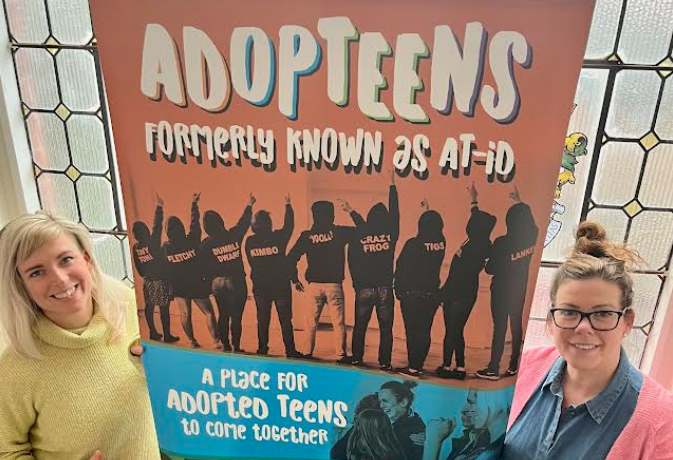The number of charities involved in mergers during the year following Covid lockdowns has slowed compared to the previous year, research has revealed.
While during the height of the health crisis in 2020/21 there were 77 mergers involving 166 charities, this fell to 51 mergers with 103 charities involved in 2021/22.
The findings have been revealed by consultancy and recruitment firm Eastside People in its annual Good Merger Index.
It says that the research “contradicts expectations that Covid would drive more consolidation in the social sector during the second year of the pandemic”.
The level of mergers in 2021/22 is also the lowest level of activity since Eastside’s records began in 2013/14.
Driving the fall is a reduction in mergers involving small charities. The consultancy says frequently mergers involving small charities are takeovers and reflect financial problems.
Such takeoevers are still the dominant form of merger but have reduced by 31% since 2020/21’s figures.
The number of charities with a turnover of £1m or less involved in a merger is down from 115 in 2020/21 to 50 in 2021/22.
Moreover, Eastside found that less than half of charities involved in a takeover merger were generating a deficit prior to the move. This is only the second time in eight years that this proportion has fallen below 50%.
It said: “Overall, the fall in the number of all mergers and a reduction in the number of takeovers, combined with the improvement in the financial position of transferors, could indicate that Covid did not impact the finances of organisations in the sector as negatively as was predicted or might be perceived.
“We know that the government’s furlough scheme and changes in the behaviour of funders were generally very helpful to the sector.”
The total value of the top three mergers is £42.9m, up from £33.1m the previous year, but less than the 2014 to 2020 average of £97m.
The total value of income transferred across all mergers in 2021/22 was £466m. The highest on record was £1.3bn recorded in 2017/18.
“This year’s report has surprised us, but with government support and funders stepping up to the plate during the pandemic it may be that charities were cushioned more than anticipated and the financial drivers for merger were muted,” said Eastside People partnerships and mergers account director Tracey O’Keefe.
“Certainly, merger is not an easy process and, with demand for services ever-increasing and organisations having to pivot to digital delivery and homeworking in this period, perhaps the focus has been elsewhere.
“It may even be that those in-person conversations between friendly chief executives or trustees that often plant the seed of merger discussions just haven’t been as easy over Zoom.”
Latest News
-
Civil Society Covenant blighted by delays and U-turns, report warns
-
More than 30 jobs at risk as hospice charity looks to close home care service
-
Cranfield Trust: A guide for charity leaders on navigating local authority devolution
-
Friday funding roundup - 20 February
-
Former youth charity chief to lead corporate social responsibility organisation
-
Christian charity’s failed bid to buy a new church breached fundraising code
Charity Times video Q&A: In conversation with Hilda Hayo, CEO of Dementia UK
Charity Times editor, Lauren Weymouth, is joined by Dementia UK CEO, Hilda Hayo to discuss why the charity receives such high workplace satisfaction results, what a positive working culture looks like and the importance of lived experience among staff. The pair talk about challenges facing the charity, the impact felt by the pandemic and how it's striving to overcome obstacles and continue to be a highly impactful organisation for anybody affected by dementia.
Charity Times Awards 2023
Mitigating risk and reducing claims

The cost-of-living crisis is impacting charities in a number of ways, including the risks they take. Endsleigh Insurance’s* senior risk management consultant Scott Crichton joins Charity Times to discuss the ramifications of prioritising certain types of risk over others, the financial implications risk can have if not managed properly, and tips for charities to help manage those risks.
* Coming soon… Howden, the new name for Endsleigh.
* Coming soon… Howden, the new name for Endsleigh.
Better Society

© 2021 Perspective Publishing Privacy & Cookies














Recent Stories